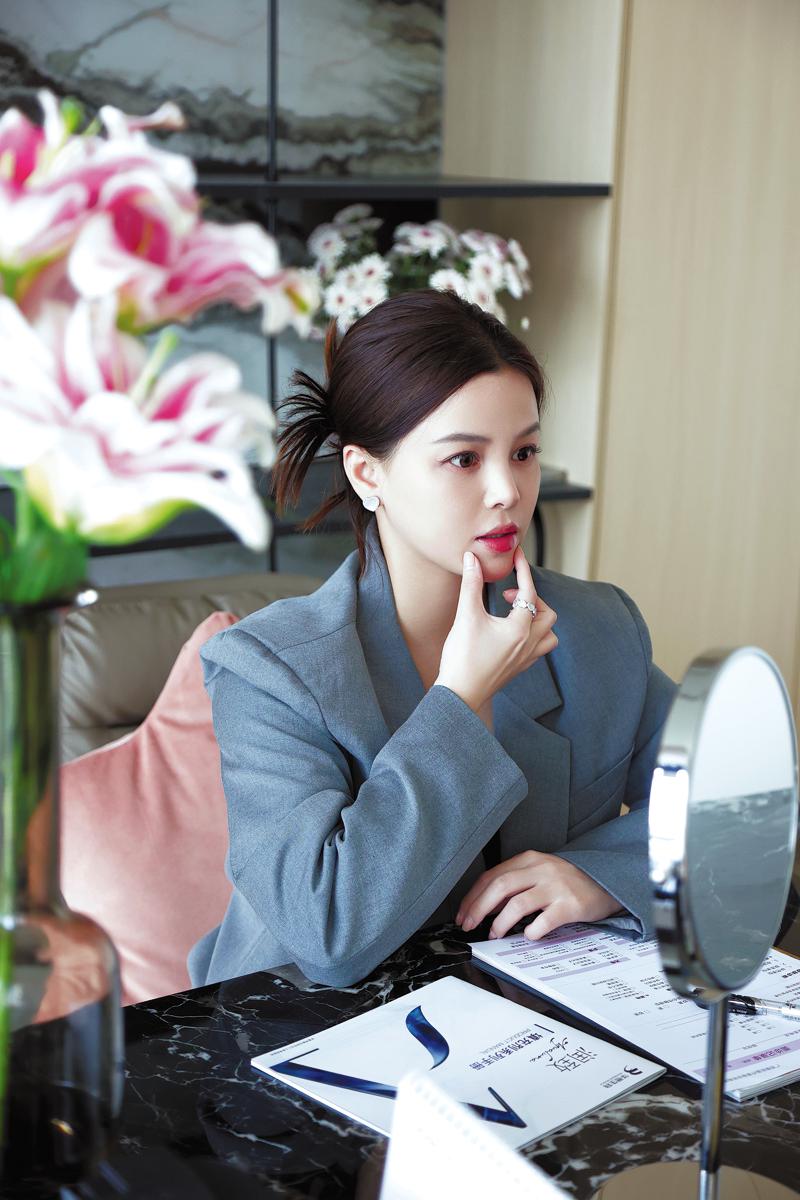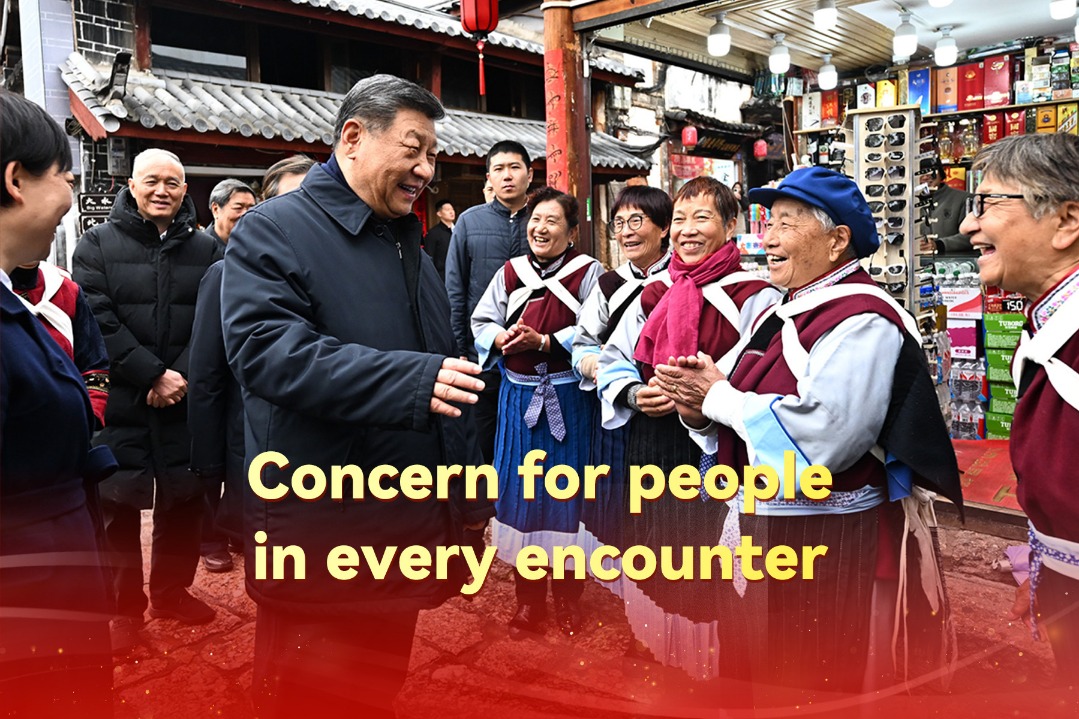Beauty industry looks beyond skin-deep changes
Younger generation turns to 'light medical aesthetics', less invasive treatments


Natural appeal
Peng Yun — principal of LC Medical Spa and a consultant at Yuansong Medical Aesthetics — has witnessed the transformation of the beauty industry.
With over 5,000 members at LC alone, she has seen the focus shift from customers wanting dramatic change in their appearance to long-term management.
"In the past, people came in asking how to become more beautiful. Now, the conversation is about staying youthful, keeping good skin, and aging slowly — but naturally," said Peng.
Younger clients of LC seek subtle enhancements to lips, while those aged over 35 often pursue full-face rejuvenation through layered micro interventions. "They want refined results — nothing overdone. Our job is to bring harmony, not to erase character," said Peng.
While celebrities and influencers have quietly passed through Yuansong's doors, Peng insists their presence is not the focus. "They come not for visibility but for expertise. Our growth comes from word-of-mouth and trust in the aesthetic," said Peng.
She sees the future of medical aesthetics being closely tied to preventive wellness and anti-aging medicine. "This isn't just about looks anymore. It's about long-term health, confidence, and sustainable care for yourself," said Peng.
Wang Tso-hsuan, CEO of Taiwan Nice Clinique, said clients today favor subtle beauty enhancements.
"Consumers today are more informed and nuanced than they were a decade ago, as they're not just chasing dramatic changes. Many now want treatments that are barely noticeable — but that make them feel refreshed, more refined," said Wang, a veteran practitioner with 20 years in the field.
This shift is reflected in both procedure preferences and the motivation of consumers.
Regenerative injectables, which stimulate collagen production rather than simply fill space, have become go-to choices for those seeking long-term anti-aging benefits. Thermage and Ultherapy — which offer skin tightening with minimal downtime — continue to dominate the laser treatment category.
The real turning point in the industry was around 2020, when regulatory approvals in China opened the door for a new generation of aesthetic materials, Wang said.
"We went from a market dominated by Botox and hyaluronic acid to one where there are now dozens of regenerative options. That diversity has fundamentally changed how clinics operate and how consumers choose," said Wang.
























